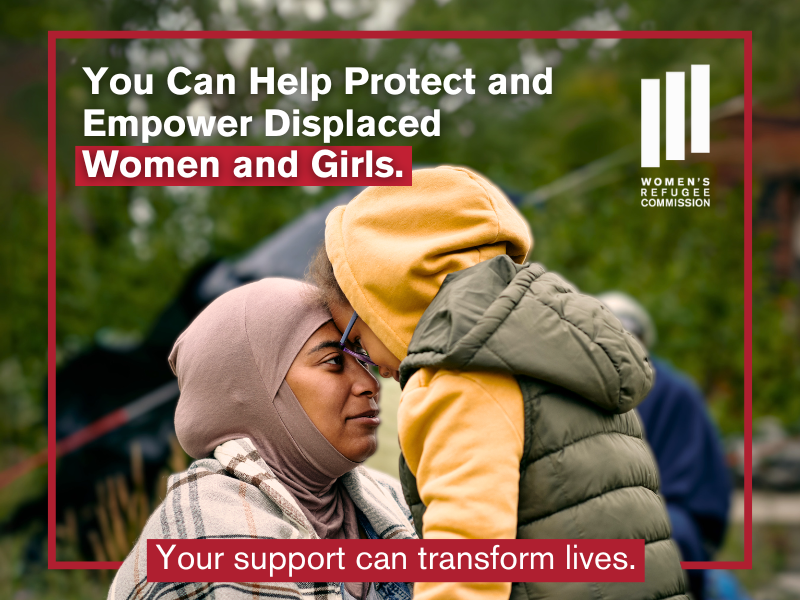In the Somali refugee camp in eastern Ethiopia where she has lived for over a decade, Habiba* uses firewood to cook food for her family. Even though the smoke it produces irritates her eyes and makes her children cough late into the night, she has no other choice. She goes out to collect wood every other day, but finds that it is not always available. She walks for hours into the bush, leaving before sunrise and not returning until the afternoon. She usually goes with a group of other women for their own protection—but even in groups, they are constantly at risk of physical and sexual assault by the men they encounter along the way.
Fatouma*, on the other hand, only uses firewood to cook meals when she does not have enough money to buy charcoal. She cannot always find wood and is constantly in fear of assault or rape. For this reason, she would never send her daughter alone to fetch wood. The risks are only increasing as wood becomes scarcer and scarcer, forcing women and girls to travel ever farther.
Displaced and refugee women often find that while food is distributed by humanitarian agencies, the fuel to cook this food is rarely provided. Since anything involving cooking is “women’s work,” women and girls are almost always tasked with both cooking and obtaining the cooking fuel. The fuel they most often use is firewood, and they may have to travel up to 10 miles—in desert heat or into militia-patrolled forests—to find it.
The Women’s Refugee Commission has been leading the charge since 2005 to put cooking fuel on the humanitarian agenda. Our Fuel and Firewood Initiative aims to reduce women’s and children’s vulnerability to the many harmful consequences associated with cooking fuel collection and use—including gender-based violence, environmental degradation and respiratory illnesses caused by burning solid fuels like firewood indoors. We spearheaded the creation of the Interagency Standing Committee Task Force on Safe Access to Firewood and alternative Energy in Humanitarian Settings (SAFE task force). Bringing together representatives from the United Nations and other organizations, the task force developed a global framework to address the problems associated with cooking fuel. Learn more here.
The Women’s Refugee Commission also co-chairs the Humanitarian Working Group of the new Global Alliance for Clean Cookstoves, which Secretary of State Hillary Clinton helped establish and for which actress Julia Roberts is now global ambassador. The issue of clean cookstoves and the work of the Global Alliance was featured recently in Time Magazine, USA Today and on the Oprah Winfrey Network, among other places.
As the need for clean cooking fuel in developing countries garners more attention, it’s important to address the interrelated issues that place women’s—and their families’—lives at risk. There are social, health and environmental factors that come into play, and these are often greatly exacerbated in humanitarian settings—where refugees are competing with local residents for scant resources, often in situations of ongoing conflict. But by getting leaders from related sectors—from health ministers to environmental engineers—and the stove users themselves to work together, we can make real progress. Simple solutions like clean, safe cookstoves and cooking fuel can improve and save the daily lives of millions of women around the world. After all, cooking meals for one’s family shouldn’t be a life-threatening task.
*Habiba and Fatouma (names changed for anonymity) are women that our staff met on a trip to Ethiopia to research the cooking needs of refugee and displaced women.


